WASHINGTON, D.C. – Funding for Mayor Muriel Bowser’s Office of LGBTQ Affairs will be reduced by nearly $600,000 in the city’s 2026 budget, according to a spokesperson for the office. The agency’s budget will drop from $2.3 million in FY 2025 to $1.7 million in FY 2026, marking one of several program cuts the city is making in response to declining revenue and federal budget reductions.
Why the Cuts Are Happening
The funding reduction comes amid a larger financial squeeze on the District. Earlier this year, Congress slashed $1.1 billion from the city’s 2025 budget, citing broader federal fiscal concerns. At the same time, President Donald Trump’s reduction of the D.C.-area federal workforce has led to a sharp decline in local tax revenue, further straining city finances.
In an attempt to soften the blow, Bowser invoked a little-known federal law that allows the District to spend a portion of its own funds without congressional approval. This reduced the scale of the congressional cut from $1.1 billion to about $410 million, but city leaders have made clear that additional belt-tightening was still unavoidable.
“Across-the-board cuts were necessary,” one city official explained. “We had to make difficult choices to protect essential services while balancing the budget.”
What Will Be Preserved
According to Gabby Vincent, spokesperson for the Office of LGBTQ Affairs, the funding decrease will not affect the office’s six full-time employees or some of its core programs.
-
Housing Support: The office will continue to manage 110 Housing Choice Vouchers for low-income residents.
-
Violence Prevention and Response Team (VPART): This program, which provides crisis support and safety resources, remains fully funded.
-
Cultural Humility Trainings: These trainings for housing providers and first responders—covering LGBTQ health disparities, legal protections, and inclusive workplace practices—will also continue. Contracts for these trainings have involved well-known LGBTQ organizations such as Whitman-Walker Health and SMYAL.
-
Annual Grants: About $1 million in grant funding distributed to LGBTQ community organizations will remain intact.
“Mayor Bowser remains firmly committed to all communities in D.C., and this budget reflects her continued support for programs that ensure residents can live safe, healthy, and affirmed lives,” Vincent said.
What Will Be Cut
The biggest impact of the $600,000 reduction will be on “special projects” funding, Vincent confirmed.
This includes scaling back support for the Black LGBTQ History Preservation Commission, a body established by the D.C. Council last year. The commission has been tasked with documenting and reporting on the historical experiences of the Black LGBTQ community in the District.
While the commission and its advisory committee will continue their work, Vincent said the funding shortfall will limit some of their planned initiatives, including community events and research projects.
Concerns Within the LGBTQ Community
Local advocates worry that while the office’s core services remain intact, reductions in special projects could slow progress on important cultural and historical initiatives.
Members of the D.C. LGBTQ Budget Coalition, which advocates for comprehensive city funding across multiple LGBTQ-focused programs, said they are waiting for the official budget document from the Office of the Chief Financial Officer to determine how other related programs fared.
“Every dollar matters when it comes to ensuring equity and visibility for our communities,” one coalition member told the Washington Blade. “While we’re grateful that housing vouchers and direct services were protected, we remain concerned about how these cuts will affect cultural preservation and community-led projects.”
Broader Budget Context
The cuts to the Office of LGBTQ Affairs are part of a broader restructuring of the city’s financial priorities. With revenues down and federal support declining, Mayor Bowser has emphasized the need to protect public safety, housing, and core health programs while reducing expenditures elsewhere.
Still, the decision to reduce funding for programs that focus on marginalized groups has drawn criticism from some local leaders and residents. They argue that times of economic uncertainty are when communities most need support and visibility.
Looking Ahead
Once the full FY 2026 budget document is released, the Washington Blade and other local outlets will review it closely to assess the impact on LGBTQ-related programs beyond the mayor’s office. The National LGBT Media Association, which represents 13 legacy publications across the U.S., also plans to monitor developments affecting D.C. as part of its broader coverage of LGBTQ policy issues nationwide.
For now, the Office of LGBTQ Affairs is preparing to operate with fewer resources while assuring the community that its most critical services—housing support, crisis response, and direct funding for grassroots organizations—will continue.
“This budget reflects both difficult trade-offs and a clear commitment to sustaining core LGBTQIA+ programs,” Vincent said.
Conclusion
The $600,000 budget cut to the Mayor’s Office of LGBTQ Affairs underscores the financial challenges facing Washington, D.C. as it navigates federal reductions and declining tax revenues. While many essential programs will remain in place, the reduction in special projects funding raises concerns about the preservation of D.C.’s LGBTQ history and cultural initiatives.
For advocates and residents, the coming months will be a test of how well the city can balance fiscal responsibility with its stated commitment to equity and inclusion.

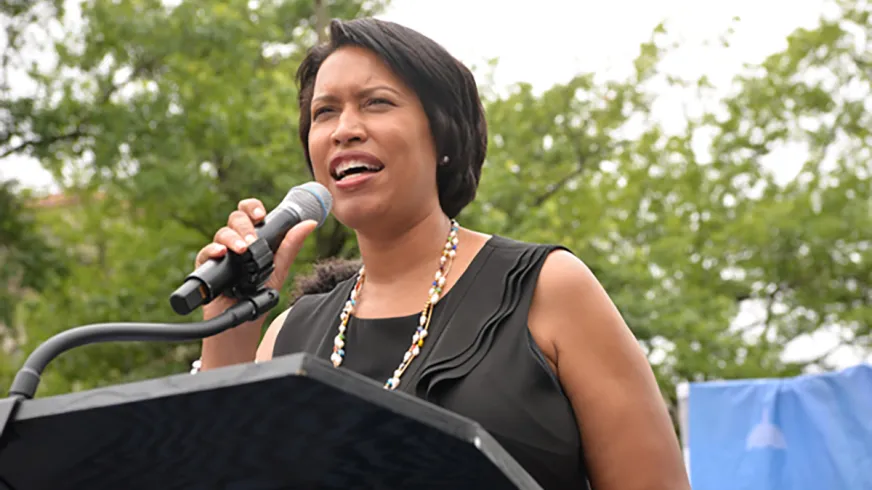
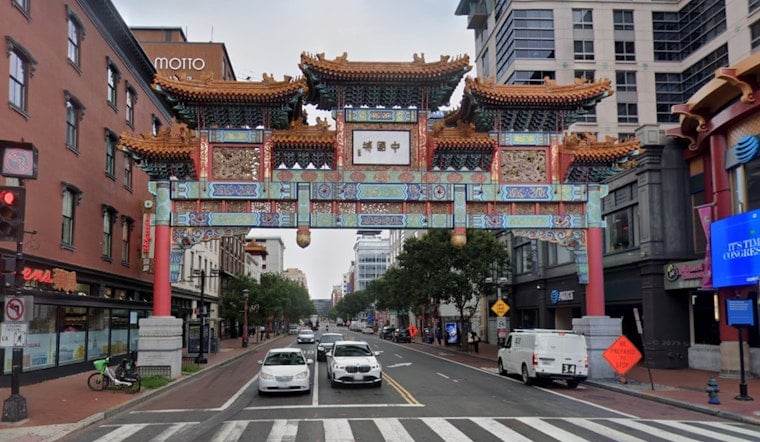
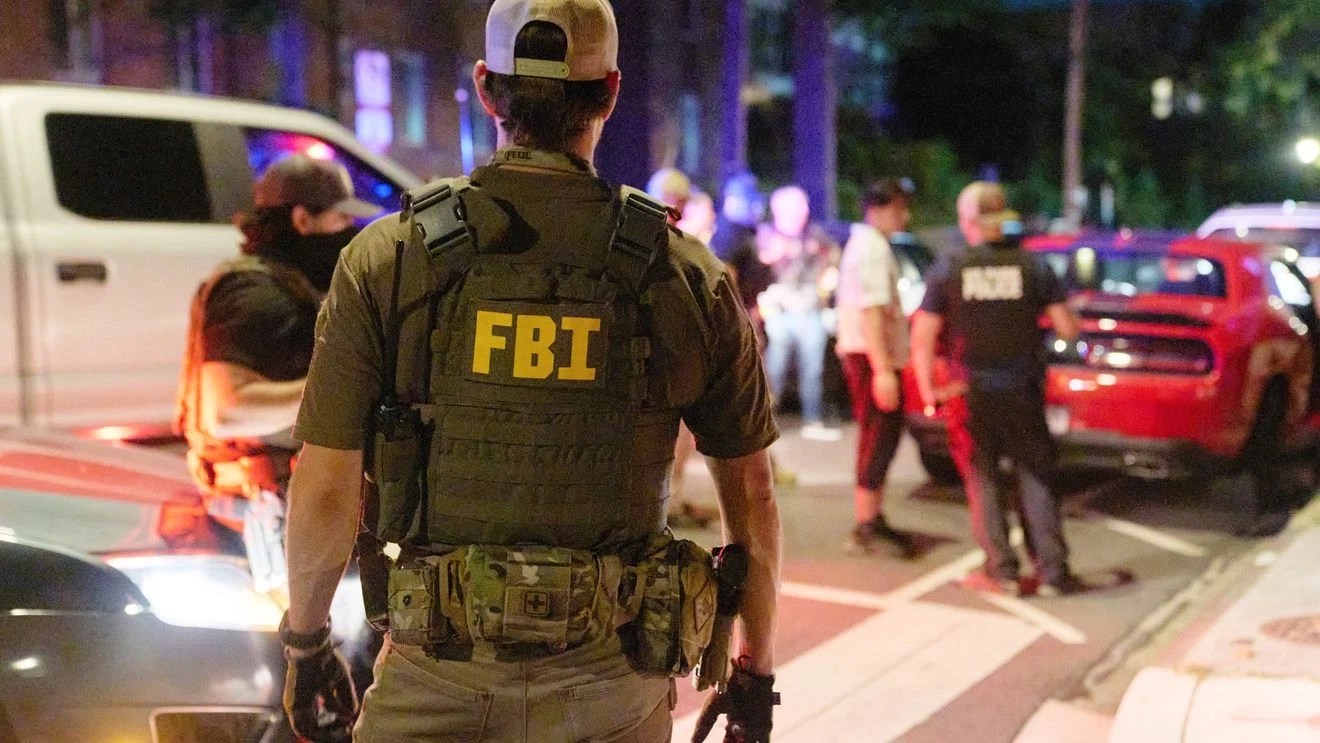
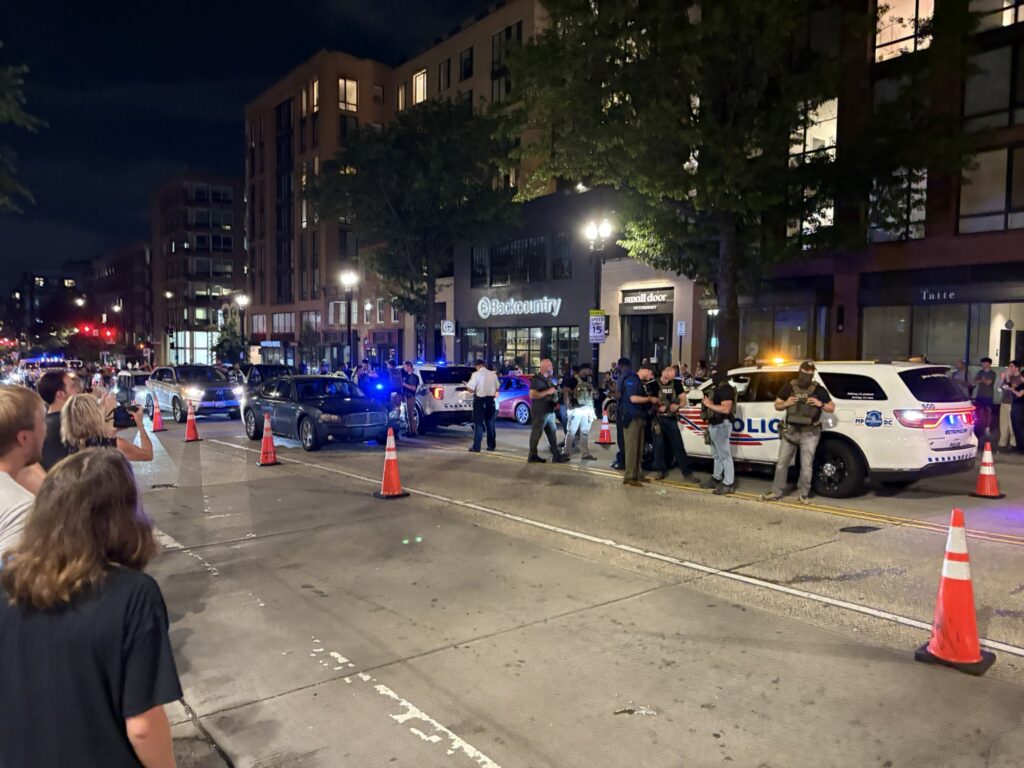
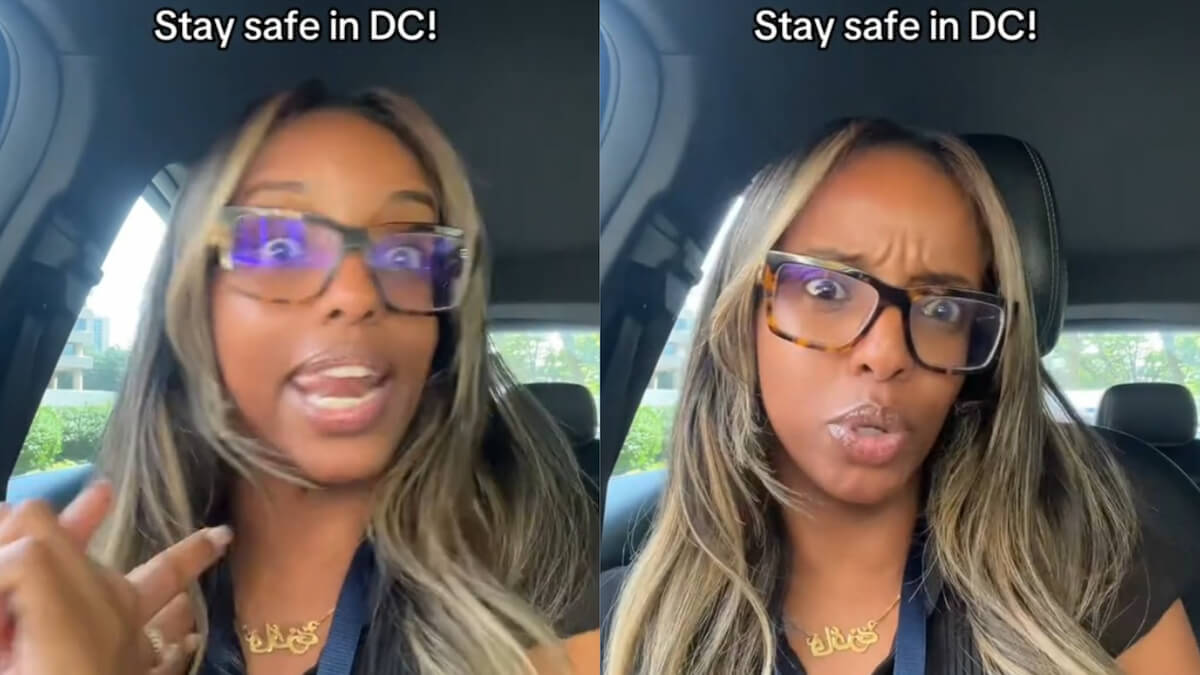
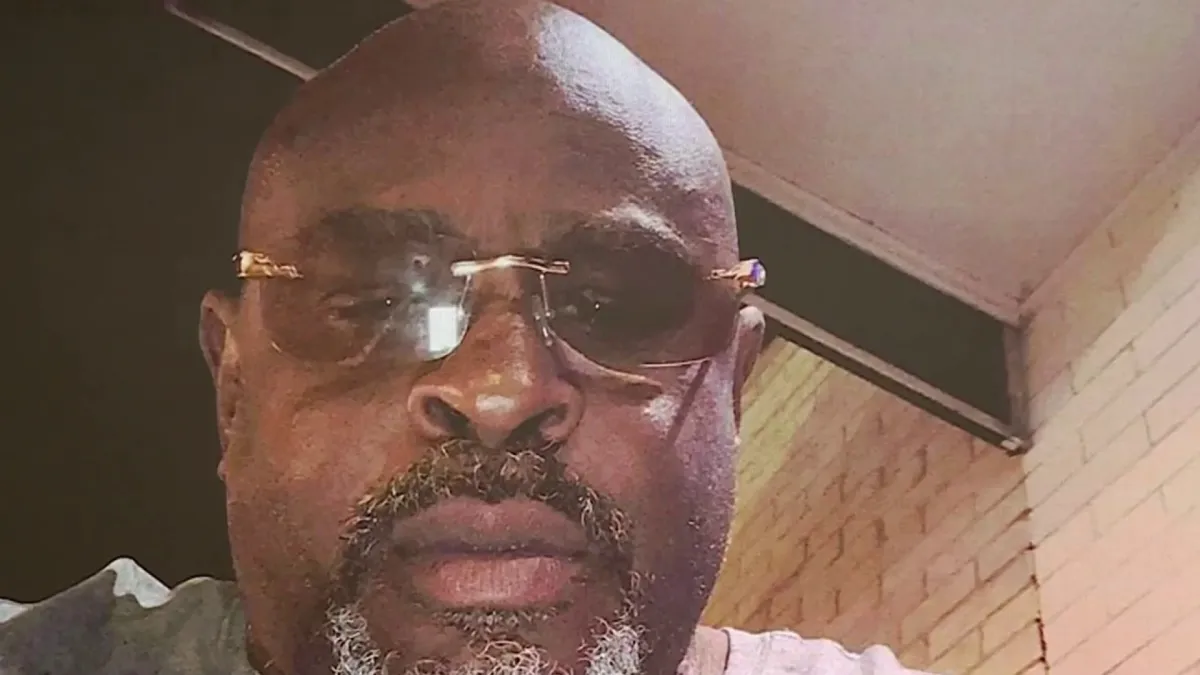
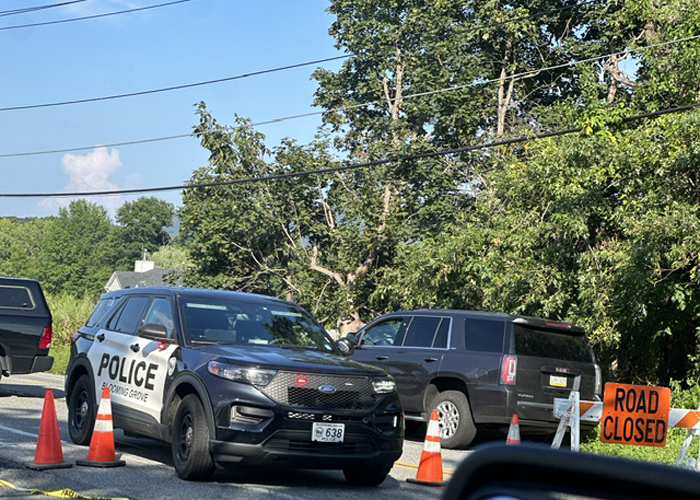
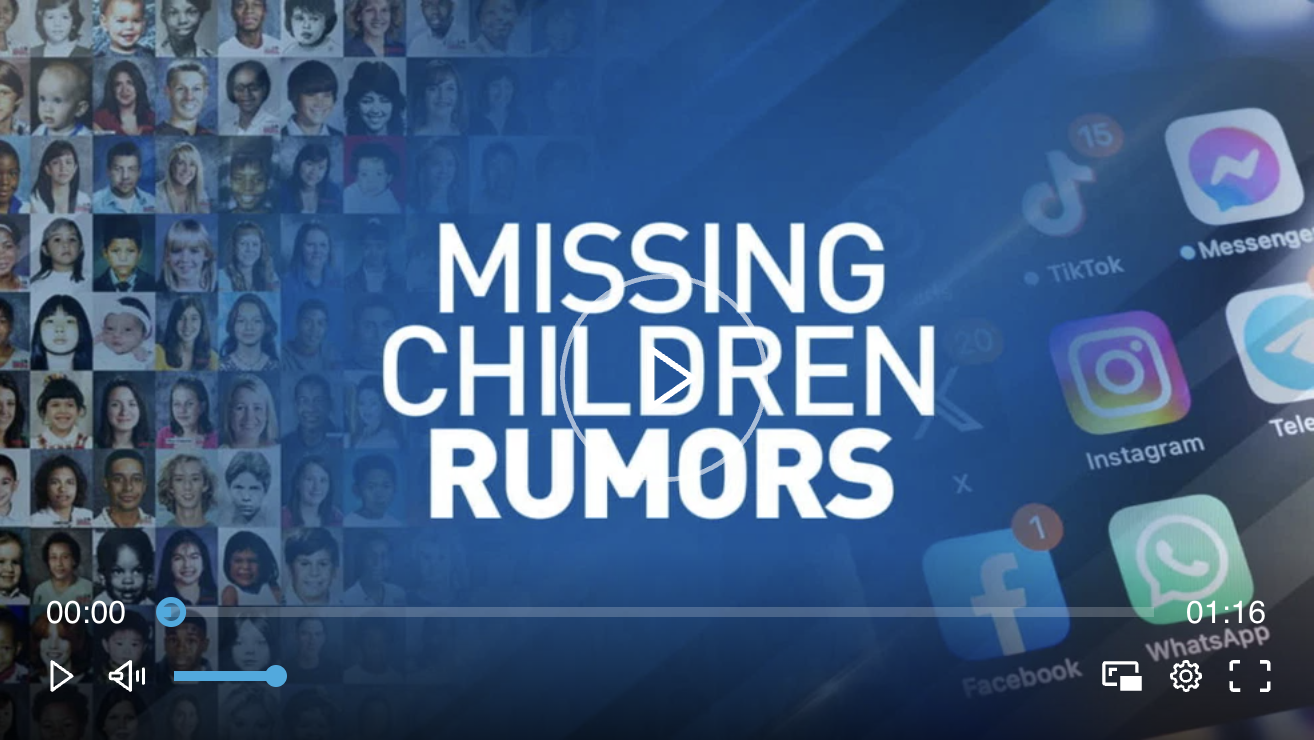
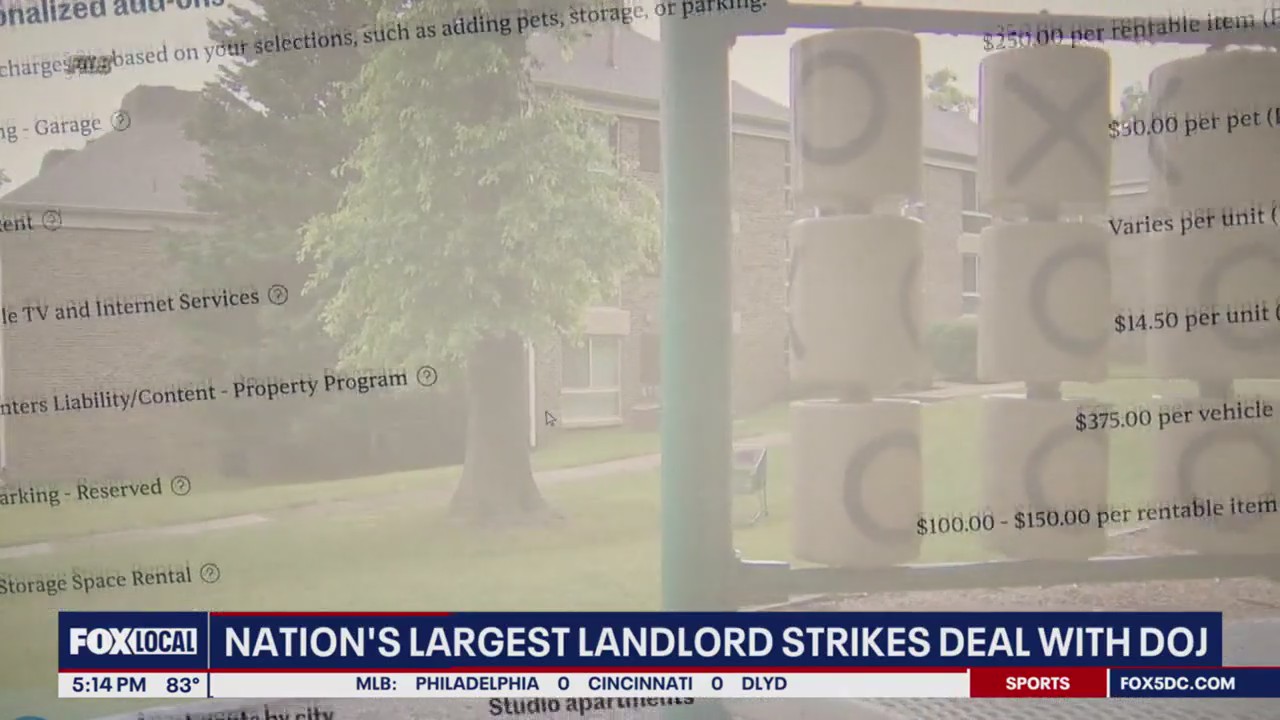





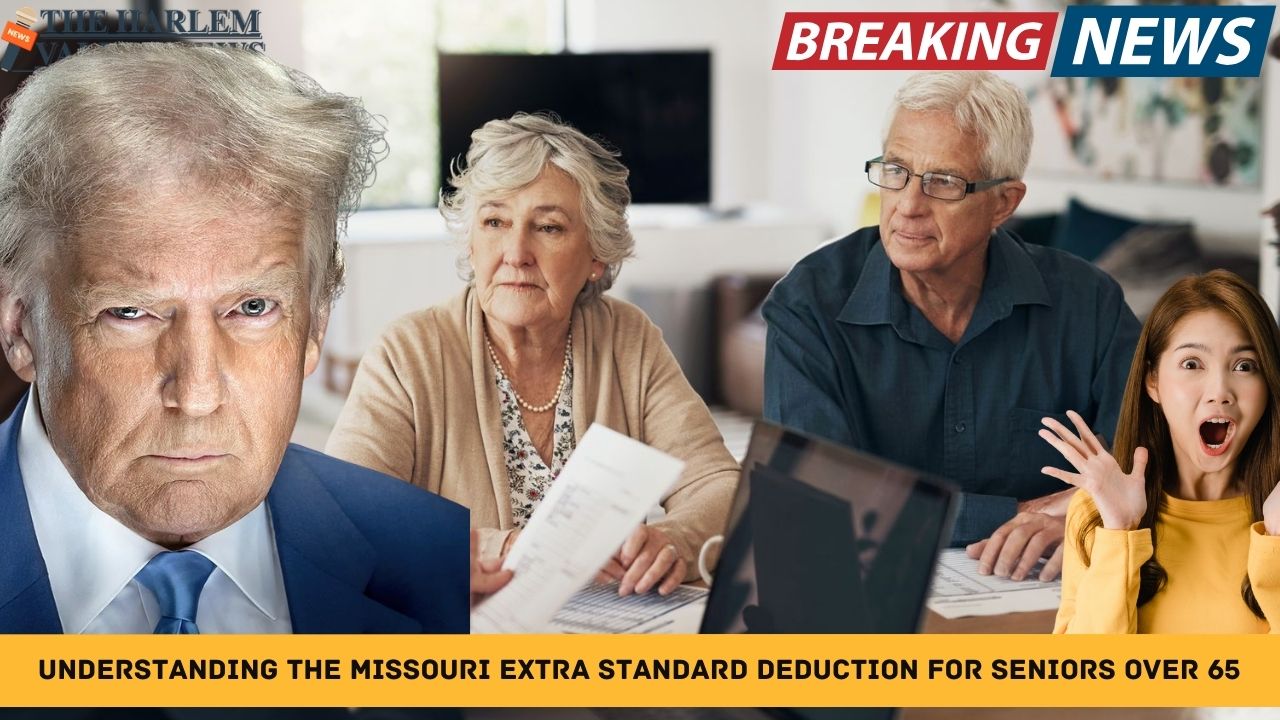

Leave a Reply